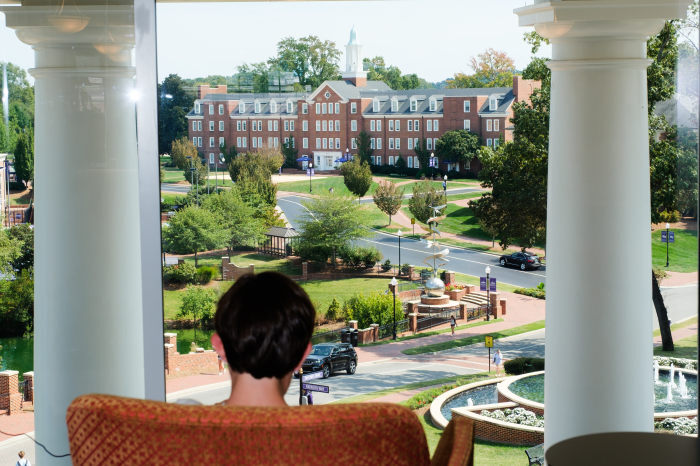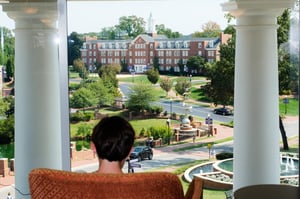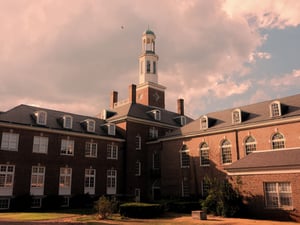The ol' college try - #446

In the Spring, I received a mailer from my summer camp. In it, they tell you about what's new and who will be the summer camp staff this summer. As a kid and a counselor, that list of names was catnip: a look-ahead to who I'd be hanging out with all summer. In the mailer, they print the guys' names, their colleges or high schools, and the number of years they've been at the camp. Reading this year's, I noticed a few absences on the list. Not of people, it's been a long while since I recognized the staff, but of colleges. It wasn't just that the camp hire people from different places, it turned out that a few of the mid-Atlantic's Christian and liberal arts schools have shuttered completely.I guess you could've predicted this. College is increasingly expensive to attend, with tuition and fee increases far outpacing inflation. On the other side, faculty and staff seem to be increasingly underpaid and overworked. To judge from the fundraising literature I receive, institutions of higher learning are more like charities for the rich and privileged than stable institutions. Looking at the stories of closed colleges, the cycles of cost cuttings and revenue raisings were signs of a doom loop. It's predictable that the lasting value of some campuses is as developable real estate.
What do we do with the dying small, private institutions? If the purpose they serve is useful education, then they're obsolete. State schools, larger schools, and online schools have far more resources to draw from and have been shown to be far more scalable. If their purpose is to be an institution for the rich and privileged, then the innovation represented by High Point University (first link below) seems right: super expensive, paid in cash, and with programs, facilities, and infrastructure guiding towards a life of power and privilege. If their purpose is to serve as anchors to small communities in the rural, eastern US, then the NYT article below's approach of historic preservation and state subsidies might make sense. But none of these paths seem quite right to me.
College is supposed to be more than a campus or a credential. It's supposed to be for the formation of the person. I don't think the economic model of mid-20th century education, with its fully accredited college supporting endless services and degree programs is quite right. Many of the shuttering institutions were launched in the 19th century. Their entrepreneurial founders aimed to solve narrow problems for under-served audiences in innovative ways. If we can move away from the old model of college and discard the more recent idea that everyone should go, it'll be cool to see what new approaches and institutions arise to help form the next generation. If we let them, that is, and I think we should.
Reading
 How a Small North Carolina College Became a Magnet for Wealthy Students
How a Small North Carolina College Became a Magnet for Wealthy Students
Schools are trying to attract the limited pool of higher-end families, and High Point University is a blueprint. 'Half of Wall Street sends their kids to this school.'

What's Lost When Liberal Arts Schools Close
When a friend called up Rachel Snyder, sobbing, on the morning of April 29, 2024, she needed a moment to process what was going on. Check your email, the friend said. The college was closing down.